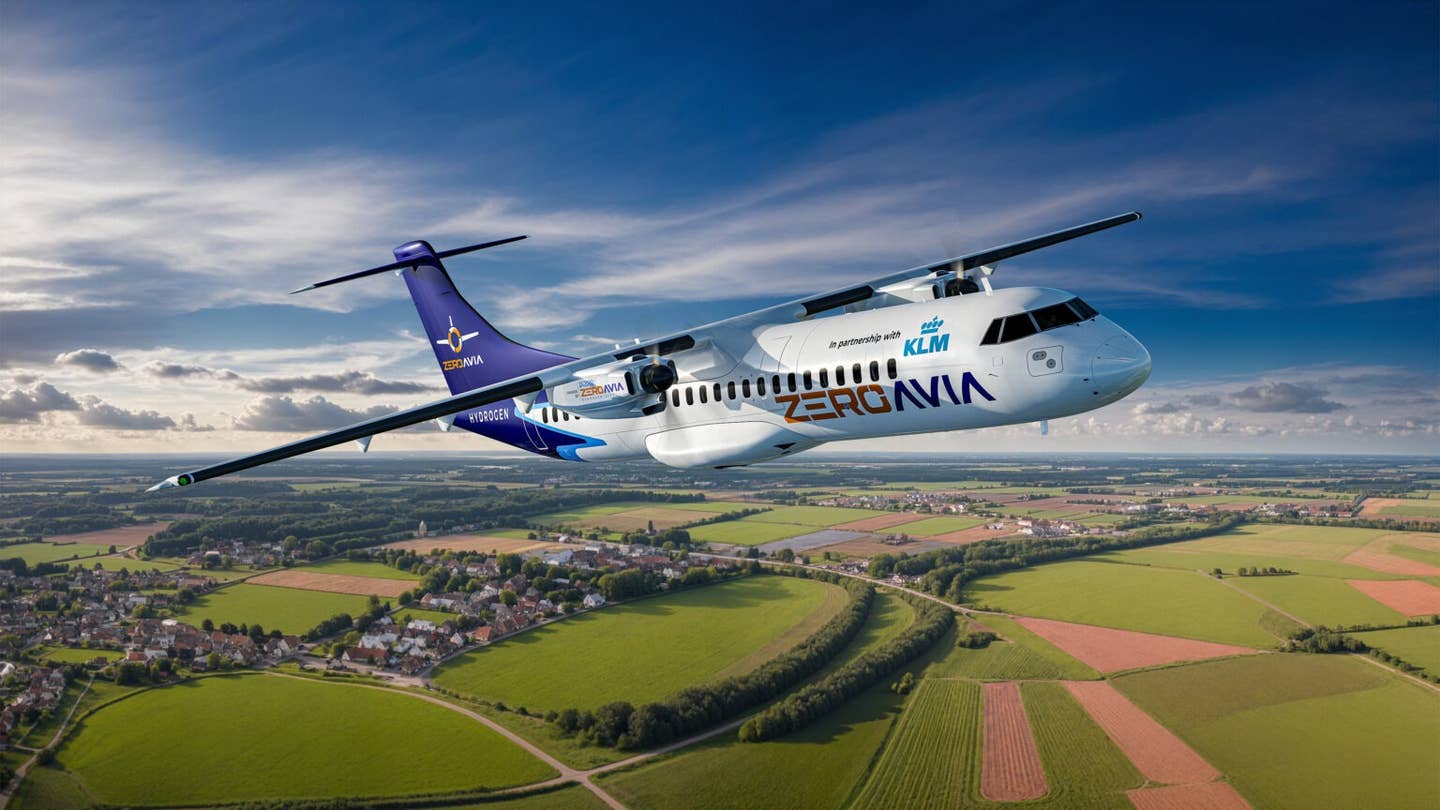
Inspiration4 lifts off from Kennedy Space Center in Florida on September 15. Inspiration4
Billionaires Jeff Bezos and Sir Richard Branson are on notice: The United Nations is not happy with their recent journeys to the edge of space.
U.N. Secretary-General Antonio Guterres appeared to call out the CEOs of Blue Origin and Virgin Galactic this month during a speech to world leaders.
While not specifically naming them, Guterres accused “billionaires” of “joyriding to space while millions go hungry on Earth.” Their behavior is spreading a “disease” of “mistrust,” he said.
It wasn’t hard to figure out who he was shaming.
Last July 11, Virgin Galactic flew company founder Branson and five others to the edge of space aboard the VSS Unity spaceplane, which safely glided back to its launch point at New Mexico’s Spaceport America after about an hour.
Nine days later in west Texas, Bezos and three fellow crew members blasted off on the first crewed launch of his commercial space venture, Blue Origin. Ten minutes later, his spacecraft parachuted safely back to Earth.
Hard Questions
Guterres’ comments underscore some hard questions: Does the space tourism industry amount to nothing more than pricey amusement rides that offer no benefit to the needy?
Do these billionaire boys with their spacefaring toys reveal some kind of moral decay born from the widening gap between the “haves” and the “have-nots?”
Or does the new race to space offer long-term, redeemable social value?
Should the expanding commercial space industry be held socially accountable for the hundreds of billions of dollars that are being spent to develop and launch new rockets and spacecraft?
The answers might be difficult to quantify and, of course, they differ, depending on who you ask.
If you ask astrophysicist Neil deGrasse Tyson, he’ll say go for it. “If people want to do this and pay a quarter million dollars, I don’t have a problem,” Tyson quipped on his StarTalk Facebook page. “Open up a whole new tourist industry! No problem.”
But Tyson quibbled about whether Branson officially crossed into space as defined by international organizations.
He pointed out that Branson flew up to about 50 miles, which the U.S. Air Force recognizes as space, but falls about 12 miles short of the internationally recognized boundary.
Innovations and Advances
What about the accusation by the U.N. leader that these men were “joyriding” while “millions go hungry?” Is that fair? Is space tourism an amoral activity because it doesn’t help feed the hungry?
“Space tourism can hold its moral ground if it achieves life-changing technological advances,” said World Bank senior economist Harun Onder, in a blog post for the Brookings Institution, a Washington-based think tank.
Before you answer for yourself, keep in mind that space programs in general have a stellar record when it comes to tech innovations that help humanity. Examples include:
- Insulin pumps
- Advances in artificial limbs
- Improved water filtration technology
- Improved solar power cells
- LED lighting
- CAT scans
Another one: Providing internet around the world. Google and SpaceX’s Starlink low-orbit satellites beam the internet to countless isolated communities that didn’t have access to it before.
Many of these innovations have improved the lives of the underprivileged and people in developing countries. But it remains to be seen if space tourism itself will directly result in innovations as life-changing as these.
Inspiration
What about the idea that space travel inspires innovation?
A NASA study released last year included inspiration as a direct byproduct of space travel.
It cited a 2009 survey that said 50 percent of internationally renowned scientists who were published in the previous three years in the famed scientific journal “Nature” credited the Apollo moonshot program for inspiring them to become scientists.
In case you missed it, earlier this month, SpaceX’s Inspiration4 mission—crewed by civilians— inspired donors to give more than $200 million to St. Jude Children’s Research Hospital.
Online criticism of space flight has been exceptionally loud. In fact, it’s been so vitriolic that billionaire SpaceX founder and CEO Elon Musk, who has not traveled to space (yet), took to Twitter last March to mount a defense. “Those who attack space maybe don’t realize that space represents hope for so many people.”
those who attack space
— Elon Musk (@elonmusk) July 13, 2021
maybe don’t realize that
space represents hope
for so many people
Jobs and Government Revenue
Let’s not forget that there’s a mountain of evidence that says the space industry generates jobs and tax revenue.
In south Texas, where SpaceX continues to develop its Boca Chica launch site, economic benefits from the facility have been estimated at more than $52 million per year in Texas salaries, according to a report in the Dallas Business Journal.
And in California, the economic outlook also looks bright in Santa Barbara and San Luis Obispo counties, home to Vandenberg Space Force Base.
The facility is credited with creating about 16,000 local jobs, according to a Cal Poly study. That number could double in 10 years, the study predicted, thanks to commercial space flights expected by SpaceX, United Launch Alliance and others.
Nationwide, NASA generated $64.3 billion in total economic output in 2019. That supported 312,000 U.S. jobs and generated an estimated $7 billion in federal, state, and local taxes, according to the space agency. Some of that money was used to pay police and firefighters and to build and maintain public roads and bridges.
Social ‘Nudge’
But is there anything society could do to make space tourism more directly beneficial to the world’s hungry and underprivileged populations?
In his Brookings blog post, Onder said social benefits from space tourism might not be distributed “beyond the elite space travelers club.” So, he said, “a public nudge is most likely needed.”
What kind of nudge?
Innovation derived from space missions won’t fight global poverty, Onder told FLYING, unless they can be distributed to developing countries and used for practical purposes.
In some cases, the most advanced technology is going to help the most people, he said, citing the development of solar energy panels and how much they’ve helped people in developing nations obtain access to electricity.
He suggests capping intellectual property protections—especially if taxpayer dollars are involved.
“There are many examples in the medical field where intellectual property protection is not necessarily a good thing,” Onder told FLYING. “But what is the optimal level for that? There are many people who could do that calculation quite skillfully.”
Onder also said tech-focused assistance for developing nations could be part of international aid programs.
Space technology, he said, might someday help the human race solve some of our most basic challenges.

Subscribe to Our Newsletter
Get the latest FLYING stories delivered directly to your inbox






